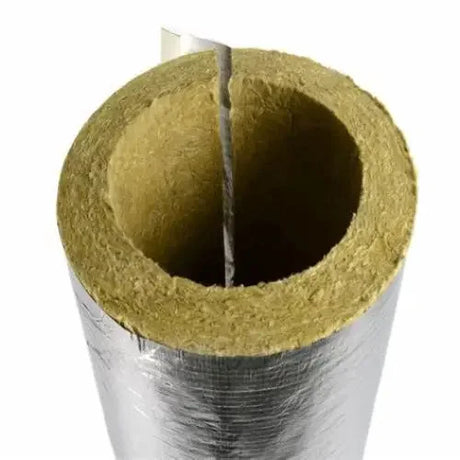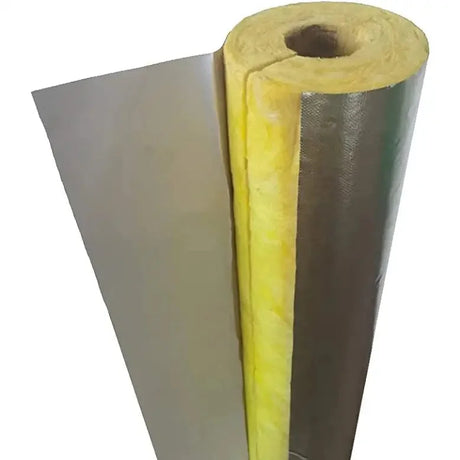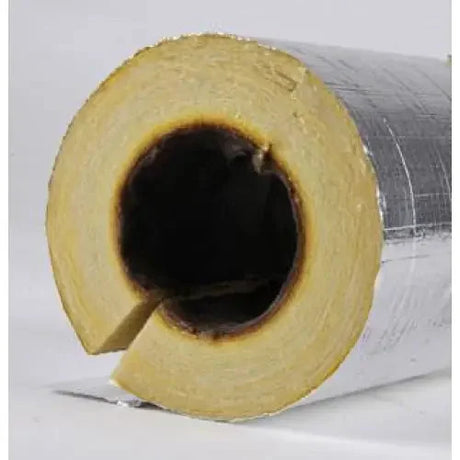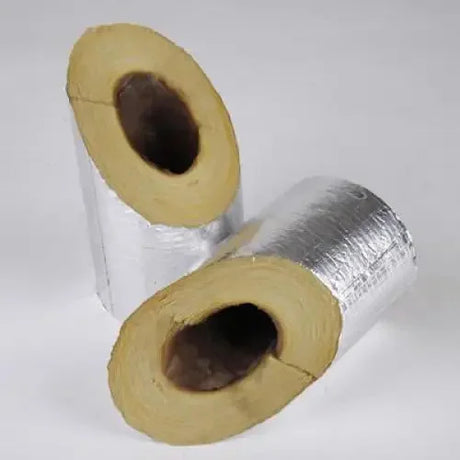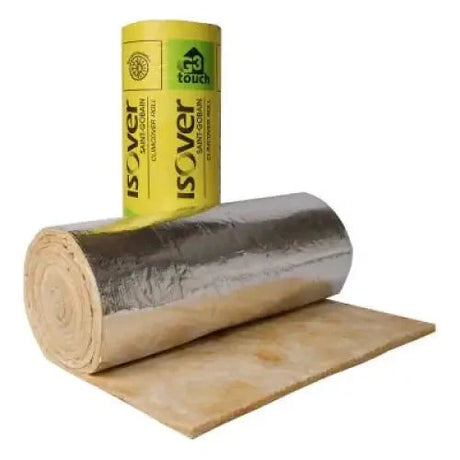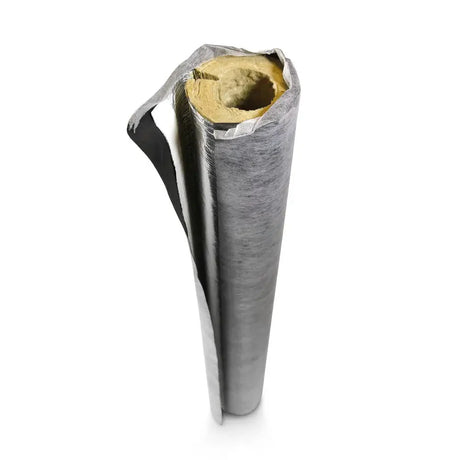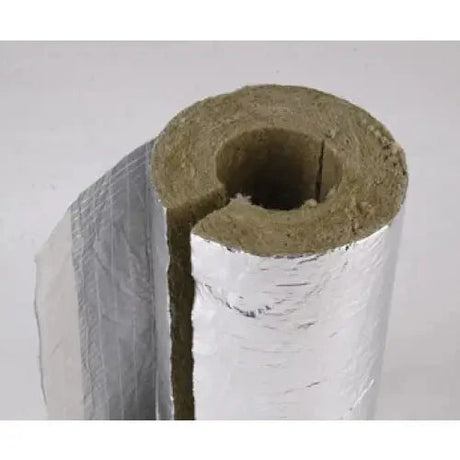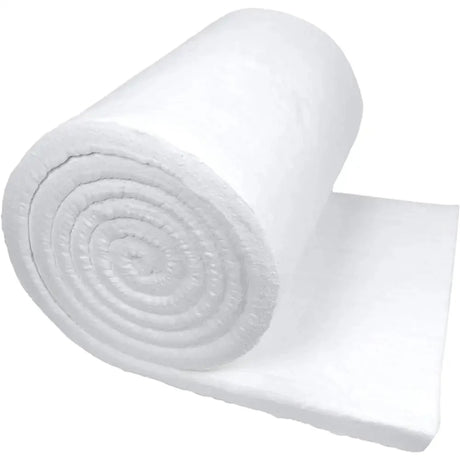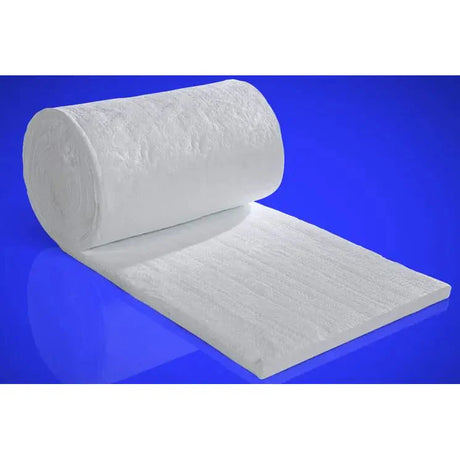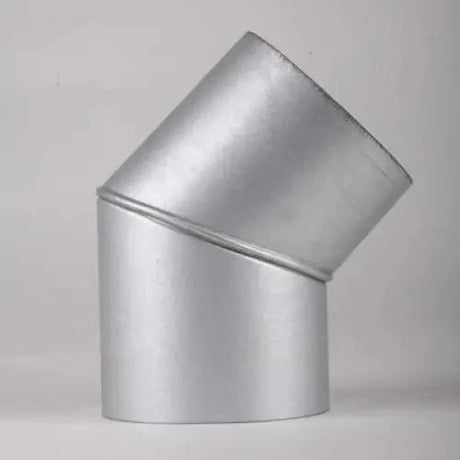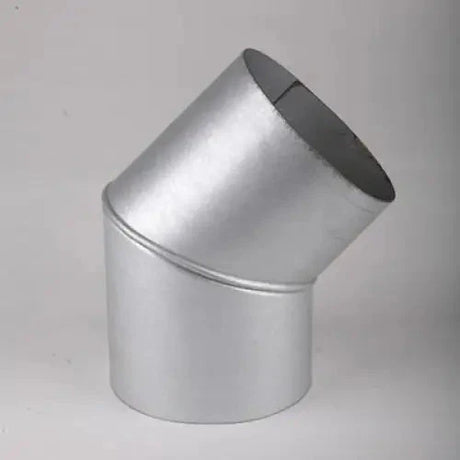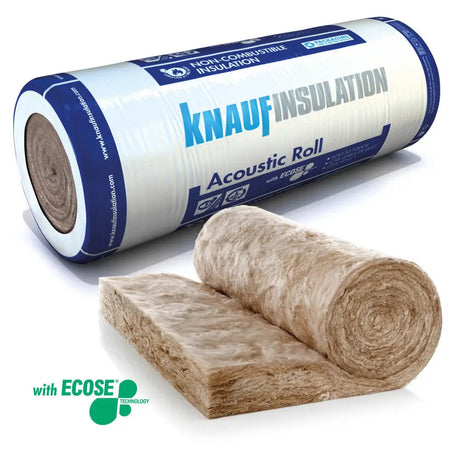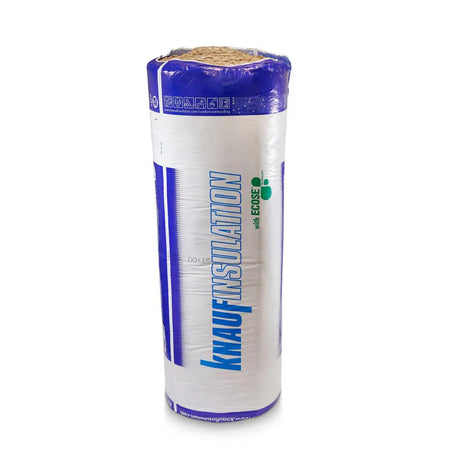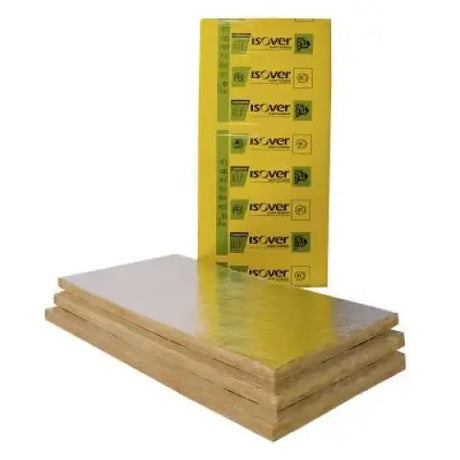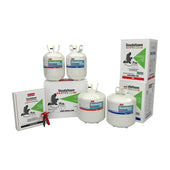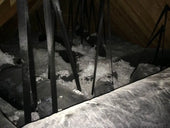Insulating your pipes is like wrapping them in a cosy blanket, protecting them from the harsh realities of cold winters and hot summers. But how do you know which pipes to insulate? It's not as if they come with labels saying "insulate me". In this article, we'll guide you through the maze of pipework in your home or business, helping you identify which ones could benefit from a little extra TLC.
The Basics: Hot and Cold
When it comes to pipe insulation, there are two main types to consider: hot and cold.
Hot pipe insulation keeps heat in, ensuring that your hot water stays hot as it travels from your boiler to your taps or radiators. This can help improve energy efficiency and reduce heating costs.
Cold pipe insulation, on the other hand, keeps heat out. This is particularly important for pipes that carry cold water or refrigerant, preventing them from warming up and losing their chill.
In both cases, insulation also helps prevent condensation on the outside of the pipes, which can lead to corrosion over time.
Hot Water Pipes
If you've ever turned on a tap only to be greeted by lukewarm water when you were expecting piping hot, then uninsulated hot water pipes could be the culprit. By wrapping these pipes in fibreglass pipe insulation, you can keep that precious heat where it belongs - inside the pipe.
Hot water pipes that run through unheated spaces such as garages or crawlspaces are particularly vulnerable to heat loss and should always be insulated. But even those running through heated areas can benefit from some extra protection.
Cold Water Pipes
Just as with their hotter counterparts, cold water pipes can lose their cool if left unprotected. Insulating these pipes can help keep your drinking water nice and chilly on a hot summer's day.
But there's another reason why insulating cold water pipes is important - condensation. When warm air meets a cold surface (like an uninsulated pipe), it cools down rapidly and turns into liquid - otherwise known as condensation. Over time this moisture can cause serious damage including mould growth and structural damage due to rotting woodwork.
To protect against this risk, consider using rubber pipe insulation. This type of insulation is easy to install and provides excellent thermal performance while also being resistant to moisture.
Heating System Pipes
The arteries of your central heating system also need protection. Without proper insulation, these vital conduits lose valuable heat before it reaches its destination - namely your radiators or underfloor heating system.
For these applications consider using rockwool or elastomeric materials which offer excellent thermal properties along with resistance against fire hazards.
Refrigeration Lines
Refrigeration lines are another prime candidate for insulation since they carry very cold fluids that can easily warm up if not properly protected. In addition to reducing efficiency, lack of proper insulation here can lead to condensation problems similar to those seen with cold water pipes.
Here again rubber-based products like Kaiflex Insulation would be an ideal choice due their excellent thermal performance combined with ease of installation and resistance against moisture ingress.
Conclusion
Whether it's keeping your hot water hot or preventing unwanted condensation on your cold-water supply lines; whether it's ensuring maximum efficiency for your central heating system or maintaining optimal temperatures in refrigeration lines; insulating your pipework plays a crucial role in ensuring comfort while saving energy costs at the same time.
Remember though that not all insulations are created equal – different applications require different types of materials so make sure you choose wisely based on specific needs.
Still unsure about what type of insulation would suit best for your requirements? Feel free to explore our wide range of products available online catering for every possible need related to pipework insulation.
Which Pipes Should be Insulated FAQ
What is the purpose of pipe insulation?
Pipe insulation serves two main purposes. Firstly, it helps to maintain the temperature of the water inside the pipes, whether hot or cold. Secondly, it prevents condensation on the outside of the pipes which can lead to corrosion over time.
Why should I insulate my hot water pipes?
Insulating your hot water pipes ensures that your hot water stays hot as it travels from your boiler to your taps or radiators. This can help improve energy efficiency and reduce heating costs.
Why should I insulate my cold water pipes?
Insulating cold water pipes keeps them cool and prevents condensation. When warm air meets a cold surface (like an uninsulated pipe), it cools down rapidly and turns into liquid - otherwise known as condensation. Over time this moisture can cause serious damage including mould growth and structural damage due to rotting woodwork.
What type of insulation should I use for my heating system pipes?
For heating system applications consider using rockwool or elastomeric materials which offer excellent thermal properties along with resistance against fire hazards.
What type of insulation should I use for refrigeration lines?
Rubber-based products like Kaiflex Insulation would be an ideal choice for refrigeration lines due their excellent thermal performance combined with ease of installation and resistance against moisture ingress.
Can pipe insulation help reduce noise?
Yes, certain types of pipe insulation also provide acoustic benefits by reducing noise caused by water rushing through the pipes.
Is pipe insulation easy to install?
Most types of pipe insulation are relatively easy to install and do not require professional assistance. However, if you're unsure about doing it yourself, it's always best to consult with a professional.
How often should I replace my pipe insulation?
The lifespan of pipe insulation varies depending on several factors such as the quality of the material used, environmental conditions, and how well it was installed. However, as a general rule, you should inspect your pipe insulation at least once a year for signs of wear and tear.
Can I use spray foam for pipe insulation?
Spray foam is one option for insulating pipes but may not be suitable for all applications due to its expansive nature which could potentially damage sensitive pipework systems.
Are there any safety concerns related to pipe insulation?
Some older forms of pipe insulation contain asbestos which can pose health risks if disturbed. If you suspect that your existing pipe insulation contains asbestos, do not attempt to remove or disturb it yourself - seek professional advice immediately.


